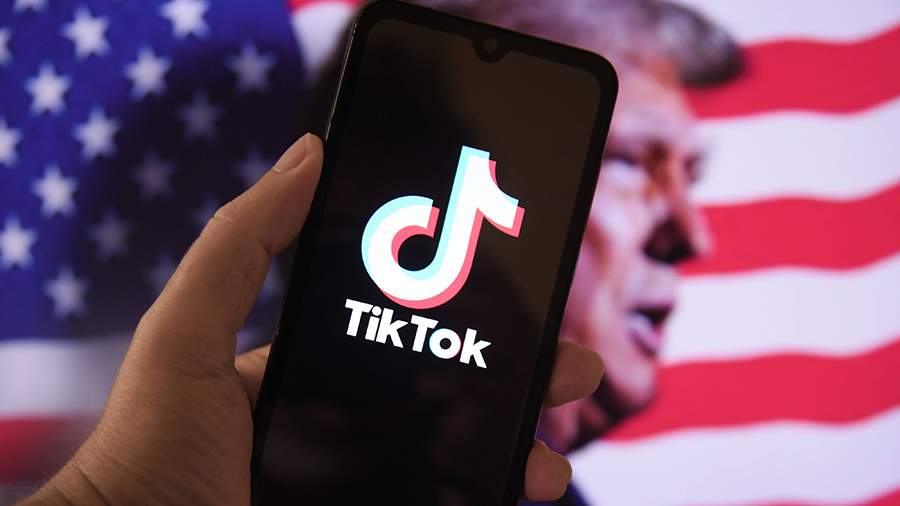Trump promised to make a decision soon on the fate of TikTok in the US
U.S. President-elect Donald Trump told CNN on Friday, January 17, that he plans to decide on the future of Chinese social network TikTok in the United States himself.
"Ultimately it's up to me, so you'll see what I'm going to do," the head of state-elect said.
He declined to answer specifically whether he would take any action to overturn a law banning the social network passed under current President Joe Biden.
The TV station reported that the U.S. Supreme Court ruled on the day that the law could take effect as early as next weekend. The high court recognized that TikTok is a unique platform of self-expression for 170 million Americans, but the U.S. Congress draws attention to the problems for national security due to the fact that the social network is owned by the Chinese company ByteDance.
The White House at the same time published on its website a statement by spokeswoman Karine Jean-Pierre, which says that the position of the current American leader, which was made clear several months ago, is as follows: TikTok should be available to U.S. residents, but only under U.S. or any other ownership to solve the problem of national security. That being said, it will be up to the incoming Trump administration to take action to implement the law to ban the social network because of the timeline.
Earlier in the day, the American president-elect said that he had called Chinese President Xi Jinping and, among other things, discussed TikTok with him.
On January 16, Politico reported that TikTok will sponsor a party to celebrate Trump's inauguration. The social network may spend $50,000 on the event "to honor the influencers who helped Trump spread his campaign message." The party is scheduled for January 19, the day ByteDance is preparing to shut down its TikTok app in the United States.
Biden signed legislation to ban the social network on April 24, 2024. Senators in Congress then approved the measure by an overwhelming majority because they believed the Chinese government could secretly spy on U.S. citizens through the app.
TikTok, for its part, said it would defend its rights to operate in the U.S. in court and banning it would "destroy 7 million companies and disenfranchise 170 million Americans."
Later, on December 28, Trump filed a petition with the Supreme Court to suspend the law threatening to ban the TikTok social network. The president-elect does not have a firm position on the constitutionality of the law, but Trump believes the social network's regulation raises "widespread and troubling" concerns about the fate of free speech.
Переведено сервисом «Яндекс Переводчик»


